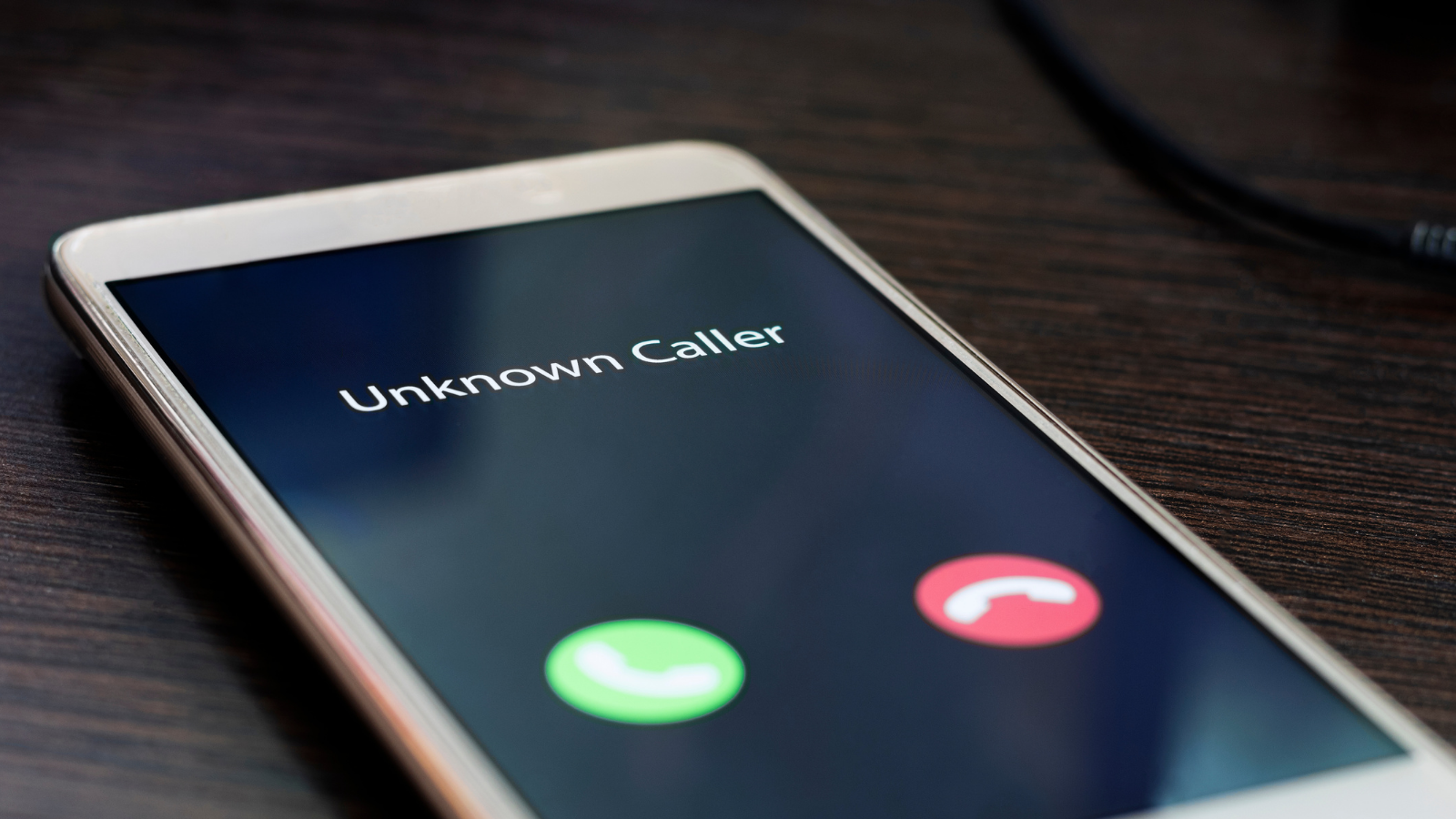
When an unknown number calls you, do you pick up? By now, you have probably received so many robocalls that you know it’s best to ignore it and check your voicemail later. You’re not alone. 70% of U.S. consumers won’t pick up for unknown numbers either, according to Consumer Reports, perhaps because Americans received roughly 54 billion robocalls in 2019.
There are two types of robocalls the good kind and the bad kind. Good calls come from genuine sources that need to send mass notifications. These may include reminders for medical appointments, school closings, or calls from charities. Bad calls come from telemarketers who don’t have permission to call you or from scammers who pretend to be from a government agency or financial organization claiming that you owe them money.
Case in point of a bad robocall: On Jan 10th, 2020, “…the FTC announced charges against the operators of a “free cruise” telemarketing scheme that made millions of illegal robocalls and dialed numbers on the National Do Not Call Registry. The callers also faked caller ID information so it looked like the call was coming from a local number. After people took the phone survey, they found out they weren’t done. Instead, people were referred to live telemarketers who tried to get them to pay for cruise extensions and other upgrades, plus $59 in port taxes and fees for each person on the cruise.”
“Robocalls trying to sell you something are illegal unless a company has your written permission to call you that way,” notes the FTC.
Policymakers may not align on much, but they agree that bad actors who perpetuate robocalls need to be stopped. Last year, Congress enacted the TRACED Act, which does a few key things to help prevent fraudulent calls.
- Extends FCC’s statute of limitations on robocall offenses and increases potential fines
- Requires an FCC rulemaking helping protect consumers from spam calls and texts (this is already underway)
- Requires annual FCC report on robocall enforcement and allows for it to formally recommend legislation
- Requires adoption on a reasonable timeline of the STIR/SHAKEN framework for preventing call spoofing
- Prevents carriers from charging for the above service, and shields them from liability for reasonable mistakes
- Requires the Attorney General to convene an interagency task force to look at prosecution of offenders
- Opens the door to Justice Department prosecution of offenders
The TRACED Act is one of many methods that the government and the wireless industry have taken to stop the problem (see also information on SHAKEN/STIR). Click here to learn more about what your wireless provider is doing to stop scams from reaching you, and how you can protect yourself from fraud.